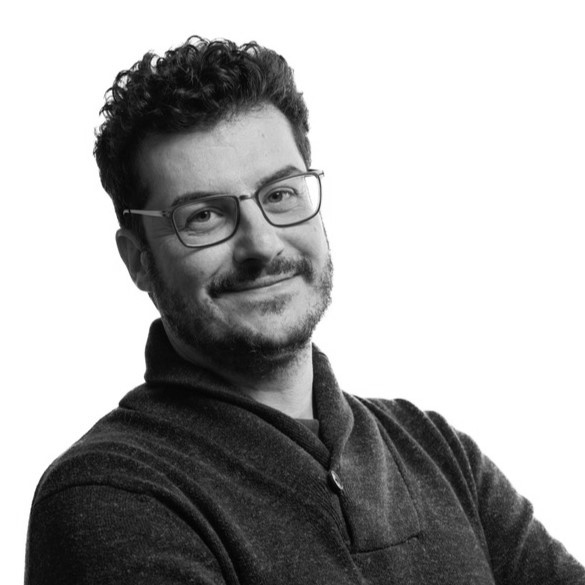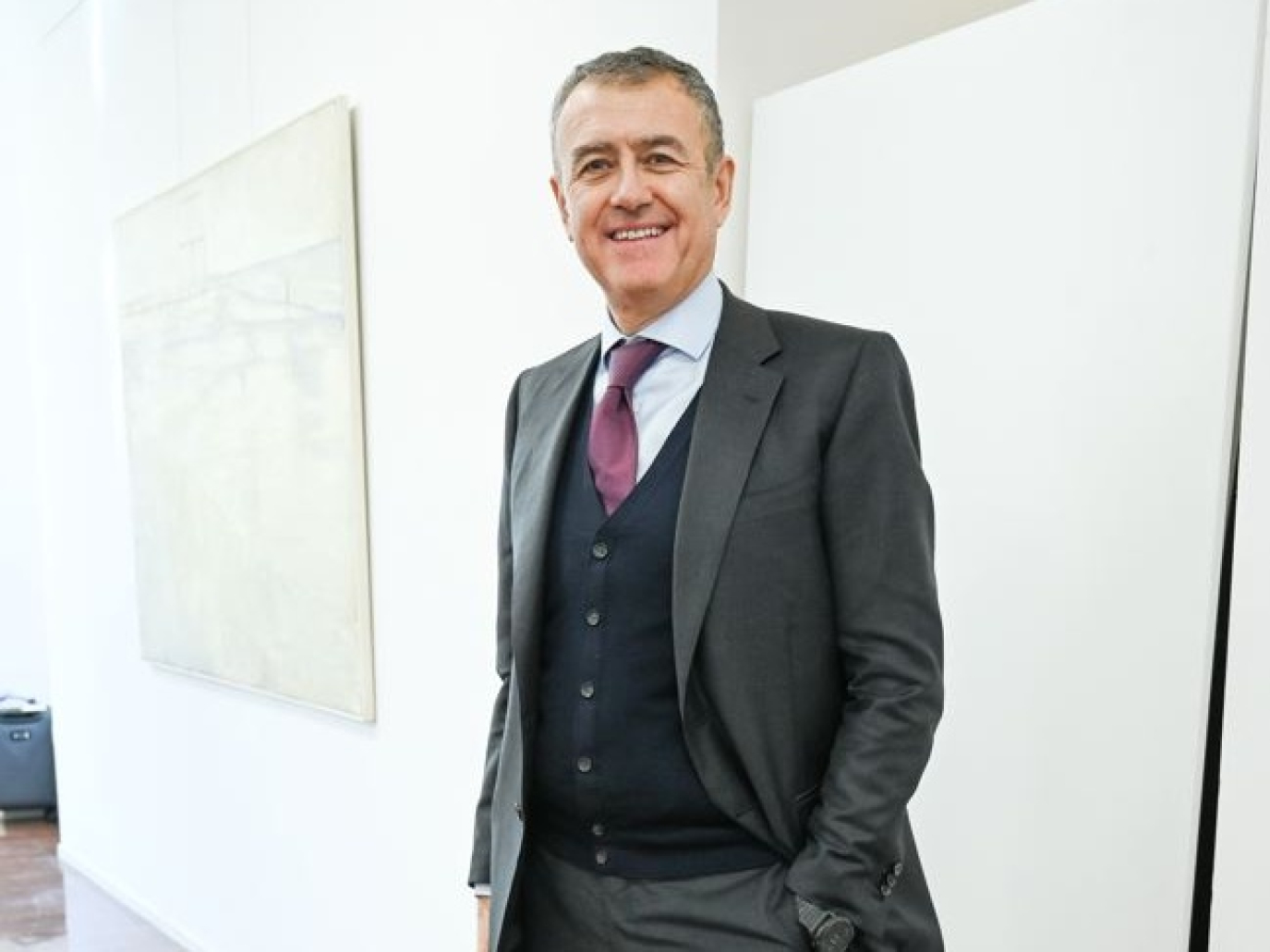This article is also available in Italian / Questo articolo è disponibile anche in italiano
On the 1st of July, Haiki+ S.p.A. acquired 100% of the capital of Ecobat Resources Italy S.r.l., one of the leading operators in the recycling of lead batteries, a deal worth 22.9 million euro. This is the origin of the first integrated group producing lead from secondary sources in Italy, a business that fully strengthens the recycling chain of lead batteries, directly managing all phases of the cycle: from collection to recovery and finally to lead and plastic refining.
The acquisition of Ecobat is just the latest in a line of M&A deals (Raee.Man and Ecofactory) by the Milan-based group aiming to develop an integrated and circular supply chain in the battery, lead and lithium sector, crucial for the Italian automotive industry. Renewable Matter interviewed the CEO of Haiki+, Giovanni Rosti, in order to better understand the group's strategy and the logic behind these acquisitions.
“With the addition of Ecobat, we become the leading producer of lead as a secondary raw material, integrating the entire supply chain, from initial collection to final recycled lead production,” Rosti begins. “This places us at a point to increase our growth margins in the world of battery collection and potentially achieve 100% Italian lead production.”
How do you plan on increasing production? It will not be an easy challenge.
Our strategy to increase production is based on intercepting a fraction of the batteries to be recycled, which are today destined for foreign countries. Out of an input of 300,000 tonnes of lead batteries for recycling, about 150,000 are exported outside Italy.
So, the main key is to ensure the consolidation of collection and the recovery of exported batteries?
Haiki Cobat currently intercepts 77,000 tonnes of batteries per year thanks to its system. Through a secondary lead smelter in the same chain and by strengthening the collection mechanisms, we are confident that we will reach our targets.
Why is the lead industry strategic for Italy?
Italy is Europe's third-largest battery manufacturer, after Germany and Belgium. We are a significant consumer of lead and a net importer, since we do not produce primary lead. As of today, we disperse some of it through the export of spent batteries.
Did the news of the take-over earn praise from the supply chain?
Italian lead-acid battery manufacturers, including those owned by foreigners, celebrated the acquisition due to the increased security of supply. Some started to express interest to increase demand, others to kick off new business partnerships.
In addition to lead, Haiki+ is also embarking on tapping the lithium chain, with the acquisition of Raee.man and Ecofactory, a material even more strategic than lead in today's battery world.
We are working on replicating the integrated supply chain of lead with lithium. Currently, we have two plants, one in Alessandria and one in Abruzzo, both of which work on the recovery of lithium batteries, both domestic (for example, electronic devices) and automotive batteries. From these, with our shredding systems, we are able to do complete recovery of the black mass containing lithium.
At the same time, we separate all usable metals (steel, aluminium, copper) and the plastics used for the casing. The black mass is a pile containing all the precious metals that compose the anodes and cathodes of batteries: the typical dark black colour is caused by the high concentrations of graphite contained in said battery anodes. Today, black mass is recycled mainly in China, plus something starting in Germany. But no one is operating in Italy. We want to be the first, developing a proprietary hydrometallurgical technology to recover metal salts and graphite, replicating the complete collection and recycling chain for lead-acid batteries. We should remember that currently, in terms of disposal, lithium batteries are still a very small number – we are talking about less than 10,000 tonnes in Italy – and have a fairly long life cycle. But the numbers are increasing significantly: by 2028-2030, we expect an exponential growth of discarded lithium batteries. Haiki+ wants to be ready with its supply chain by that date.
Is there any data on the environmental impact of lead and lithium recovery?
One of our investee companies, Circularity, has already begun collecting data. It is clear, however, that by finalising two complete recycling chains nationwide, we cut the impacts and costs of export logistics as well as those of raw material extraction and processing. Environmental impact and safety in the value chain go hand in hand, just as circular economy done right demands.
RM Editori srl benefit company and the publication Renewable Matter are managed by Haiki+
Cover: Giovanni Rosti



